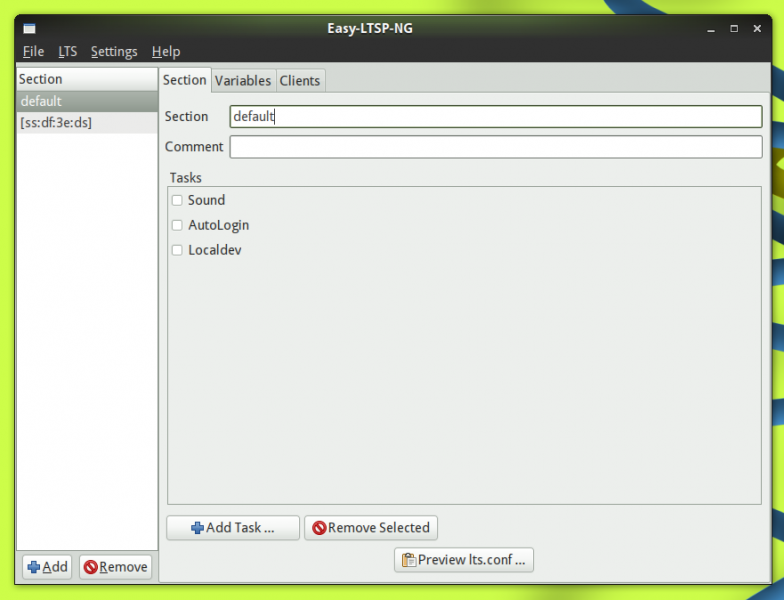I am happy to announce that the universal Go-oo 3.1 build is available for Windows, Linux (i586, x86_64), and MAC OSX Intel. See also download and installation instructions. The builds include many upstream and Go-oo fixes.
Go-oo team hopes that you will be happy with this release. Though, any software contains bugs and we kindly ask you to report them, so that we could fixed them in the future releases. Also you could send feedback to the dev@lists.go-oo.org mailing list or contact us on irc.freenode.net, channel #go-oo.
The following OOo-3.1.1 release should be available on the beginning of September.
—
PS: I feel a bit schizophrenic. I want to blog about the openSUSE builds at planetsuse and about the universal build at planet.go-oo. Both builds are based on the same sources, so the schedule is almost the same. We only do more alpha and beta builds for openSUSE because it is so easy with the Build Service.
I wonder if the two separate announces are confusing. Should I separate the blogs even more? Any ideas?
Hmm, the best solution would be to do the universal build in the Build Service as well. Then all builds would be done at exactly the same time, they would be in the “same” repository, … It is my long term task but it will need some loving. The universal build must be done on a quite old hacky distro to work everywhere. The Windows build would require cross-compilation, …


